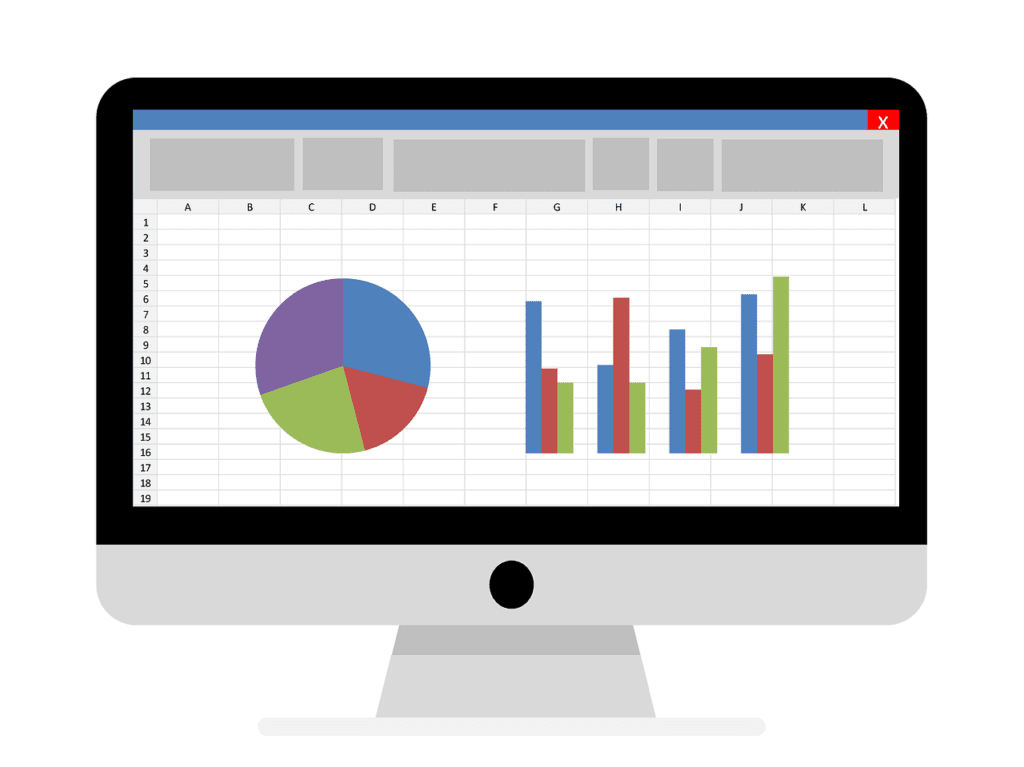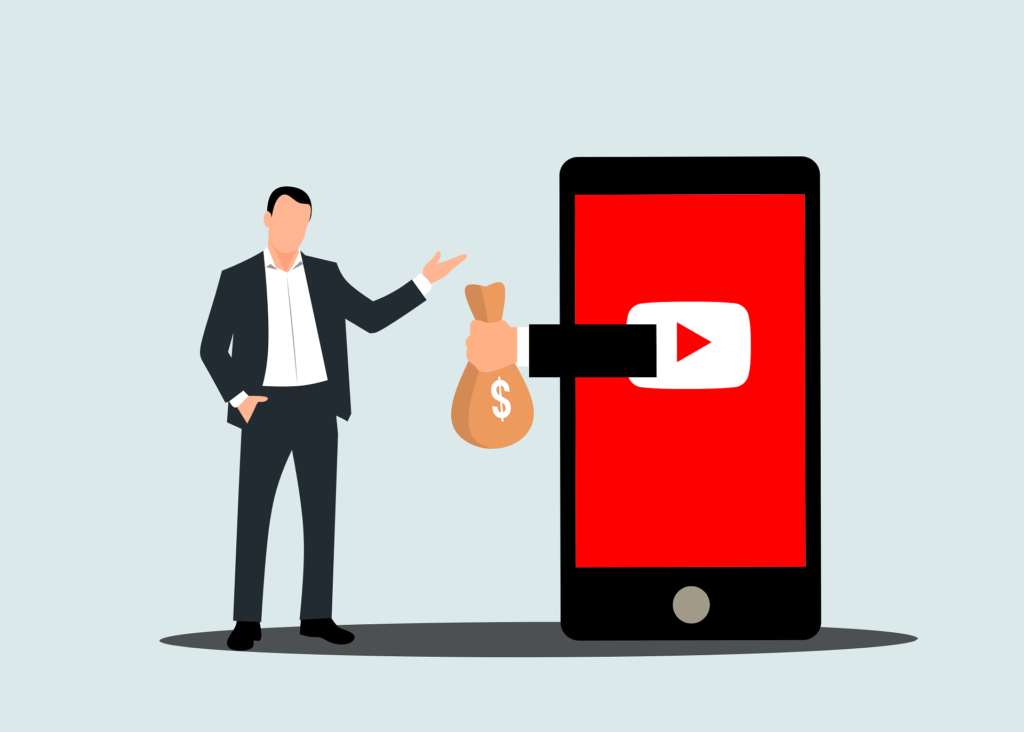Referral programs are a powerful way to grow your customer base. By encouraging your existing customers to refer new ones, you can tap into a highly trusted source of potential clients. Let’s explore how you can create and implement effective referral programs to boost your business.
Understanding the Value of Referral Programs
Referral programs leverage the trust that people have in recommendations from friends and family. When someone refers your business to their network, it carries more weight than traditional advertising. This is because personal recommendations are seen as more trustworthy and credible.
To harness this power, it’s essential to design a referral program that incentivizes your customers to share their positive experiences with others. The key is to make it easy and rewarding for them to participate.
Designing Your Referral Program
The first step in creating an effective referral program is to determine what kind of rewards you will offer. The rewards should be attractive enough to motivate your customers but also sustainable for your business. Common rewards include discounts, free products, or exclusive access to services.
Consider what will appeal most to your customers. For example, if you run a fitness center, offering a free month of membership for every successful referral could be highly motivating. On the other hand, an online store might offer a discount on future purchases.
Next, decide how you will track referrals and distribute rewards. Using referral tracking software can simplify this process. These tools can automatically track referrals and manage rewards, making it easy for you and your customers.
Promoting Your Referral Program
Once you’ve designed your referral program, it’s crucial to promote it effectively. Start by informing your existing customers through email newsletters, social media, and on your website. Make sure the referral process is straightforward and clearly explain the benefits.
Use engaging content to capture your customers’ attention. Share success stories and testimonials from other customers who have benefited from the referral program. This not only highlights the value of the program but also provides social proof.
Incentivize participation by offering limited-time bonuses or additional rewards for the first few referrals. This can create a sense of urgency and encourage customers to act quickly.
Making the Referral Process Easy
A seamless and user-friendly referral process is crucial for the success of your program. If customers find it difficult or confusing to refer their friends, they are less likely to participate. Here’s how to streamline the process:
Firstly, create a dedicated referral page on your website. This page should explain how the program works, outline the rewards, and provide a simple form for customers to enter their friends’ contact details. Make sure the page is easy to find by adding links to it from your homepage, account pages, and email communications.
Integrate social sharing buttons to allow customers to refer friends through their social media accounts quickly. This not only simplifies the process but also expands your reach as referred friends can see the recommendation in a social context.
Automate as much of the process as possible. Use referral software that can track referrals, manage communications, and distribute rewards. This not only reduces your administrative burden but also ensures a smooth experience for your customers.
Encouraging Referrals Through Exceptional Customer Service
Exceptional customer service is the foundation of any successful referral program. When customers have a positive experience with your business, they are more likely to recommend it to others. Focus on delivering high-quality products and services, being responsive to customer inquiries, and resolving issues promptly.
Train your staff to go above and beyond in their interactions with customers. A little extra effort can turn a satisfied customer into a loyal advocate who is eager to refer friends and family.
Follow up with customers after they make a purchase or use your service. A simple thank-you email or a request for feedback shows that you value their opinion and are committed to improving their experience. This can also be an opportunity to remind them about your referral program.
Leveraging Customer Feedback and Testimonials

Customer testimonials and feedback can be powerful tools in promoting your referral program. Positive reviews and stories from satisfied customers provide social proof and encourage others to participate.
Collect testimonials from customers who have successfully referred others and have benefited from the rewards. Share these stories on your website, social media channels, and marketing materials. Highlighting real experiences can make your referral program more relatable and trustworthy.
Encourage customers to leave reviews on popular review sites and social media. Respond to these reviews to show that you appreciate their feedback. Positive interactions can enhance your reputation and encourage more referrals.
Tracking and Analyzing Your Referral Program
To ensure the success of your referral program, it’s essential to track its performance and analyze the results. Set clear goals and key performance indicators (KPIs) to measure the program’s effectiveness. Common KPIs include the number of referrals, conversion rates, and customer acquisition costs.
Use referral software to gather data and generate reports. Analyze this data to identify trends, such as which customers are making the most referrals and which incentives are most effective. Use these insights to refine your program and improve its performance.
Regularly review and adjust your referral program based on feedback and performance data. Experiment with different incentives, communication strategies, and referral processes to find what works best for your business.
Leveraging Technology for Your Referral Program
Using technology can significantly enhance the effectiveness of your referral program. Modern referral software and tools can automate many aspects of the program, making it easier for you to manage and for your customers to participate.
Choose a referral program software that integrates well with your existing systems, such as your CRM and email marketing platforms. This integration allows for seamless data flow and more personalized communication with your customers. Look for features like automated referral tracking, reward management, and detailed analytics to help you optimize your program.
Implementing a referral program app can also enhance the user experience. An app can provide a convenient platform for customers to track their referrals, view their rewards, and access exclusive offers. Ensure the app is user-friendly and provides clear instructions on how to participate in the referral program.
Personalizing the Referral Experience
Personalization can make your referral program more engaging and effective. Tailor your referral messages and incentives to match the preferences and behaviors of your customers. This approach makes the referral experience more relevant and appealing.
Use customer data to segment your audience and create personalized referral offers. For instance, if a customer frequently purchases a particular product, offer a related reward for their referrals. Personalized email invitations and follow-ups can also increase the likelihood of participation.
Implement personalized landing pages for referrals. When a referred friend clicks on a referral link, they should be directed to a landing page that addresses them by name and highlights the benefits of joining your customer base. This personal touch can make a significant impact on conversion rates.
Creating a Sense of Community

Building a sense of community around your brand can encourage more referrals. When customers feel like they are part of a community, they are more likely to share their positive experiences and invite others to join.
Engage with your customers through social media groups, forums, and community events. Create opportunities for them to connect with each other and share their stories. Highlighting customer success stories and featuring community members in your marketing materials can foster a stronger sense of belonging.
Host events, both online and offline, that bring your customers together. Webinars, meetups, and exclusive product launches can create excitement and encourage customers to invite their friends. Offer special incentives for referrals made during these events to boost participation.
Providing Excellent Post-Referral Engagement
Securing a referral is just the beginning; maintaining engagement with referred customers is crucial for long-term success. Ensure that referred customers receive a warm welcome and an excellent onboarding experience. This can set the tone for a positive relationship and encourage them to become referrers themselves.
Develop a welcome series of emails or messages that introduces new customers to your brand, highlights key features, and provides useful information. Offer exclusive deals or discounts as a thank-you for joining through a referral.
Monitor the engagement of referred customers and reach out if you notice any drop-off in activity. Providing continuous support and valuable content can help maintain their interest and loyalty. Happy and engaged customers are more likely to refer others, creating a virtuous cycle of referrals.
Overcoming Common Challenges
Implementing a referral program comes with its challenges. One common issue is maintaining customer interest over time. To address this, periodically refresh your referral incentives and promotions to keep the program exciting. Seasonal offers, limited-time bonuses, and new reward options can re-engage customers.
Another challenge is ensuring the program is fair and prevents abuse. Clearly outline the terms and conditions of your referral program to avoid misunderstandings. Use referral tracking software to monitor activity and identify any suspicious behavior. Transparency and fairness will help maintain trust and credibility.
Communicate regularly with your customers about the program’s progress and any updates. Provide clear instructions and support to address any questions or concerns. Keeping an open line of communication can help mitigate issues and ensure a smooth experience for participants.
Leveraging Social Proof and Testimonials

Social proof is a powerful tool that can enhance the effectiveness of your referral program. When potential customers see that others are satisfied with your product or service, they are more likely to trust your brand and make a purchase.
Encourage your current customers to share their experiences through testimonials and reviews. Highlight these positive reviews on your website, social media channels, and marketing materials. Showcasing real customer experiences can build credibility and attract new customers.
Use case studies to demonstrate the value of your products or services. Detailed case studies that showcase specific results and benefits can provide potential customers with a clear understanding of what they can expect. Share these case studies in your referral communications to give referred friends additional reasons to join your customer base.
Integrating Referrals with Your Loyalty Program
Integrating your referral program with a loyalty program can create a more comprehensive customer engagement strategy. By combining the two, you can reward customers not only for making referrals but also for other actions such as repeat purchases, social media shares, and event attendance.
Create a unified points system where customers earn points for both referrals and loyalty activities. These points can be redeemed for rewards, discounts, or exclusive offers. This integration encourages ongoing engagement and provides multiple incentives for customers to participate.
Communicate the benefits of this integrated program clearly to your customers. Use email marketing, in-store signage, and social media to promote the combined rewards and explain how customers can earn and redeem points. Highlight the ease of earning rewards through everyday actions to motivate participation.
Creating Exclusive Referral Offers
Exclusive offers can make your referral program more appealing. By providing unique incentives that are not available to the general public, you can create a sense of exclusivity and urgency.
Design special promotions for referred customers, such as a limited-time discount on their first purchase or an exclusive product bundle. These offers can make the referred customer feel valued and appreciated, increasing the likelihood of conversion.
Similarly, offer exclusive rewards for your referrers. These could include early access to new products, VIP event invitations, or special recognition within your community. Exclusive rewards can enhance the perceived value of participating in your referral program and motivate more customers to refer others.
Utilizing Email Marketing for Referrals

Email marketing is a powerful channel for promoting your referral program. Use your email list to inform your customers about the program, highlight its benefits, and encourage participation.
Craft compelling email campaigns that explain how the referral program works and the rewards available. Use engaging subject lines and personalized content to capture your audience’s attention. Include clear calls to action that make it easy for customers to start referring their friends.
Segment your email list to target different customer groups with tailored messages. For example, send follow-up emails to customers who have made referrals, thanking them for their participation and updating them on their rewards status. Use automated email workflows to keep your referral program top-of-mind and drive continuous engagement.
Measuring the Success of Your Referral Program
To ensure your referral program is effective, it’s essential to measure its success regularly. Tracking key metrics can help you understand what’s working and where there is room for improvement.
Monitor the number of referrals generated, conversion rates, and the overall impact on customer acquisition. Analyze the quality of referred customers by looking at their lifetime value and engagement levels compared to non-referred customers.
Use this data to refine your referral program. Identify which incentives are most effective, which channels drive the most referrals, and any potential barriers to participation. Continuously optimize your program based on these insights to maximize its impact.
Ensuring Legal and Ethical Compliance
When running a referral program, it’s important to ensure that it complies with legal and ethical standards. Clearly outline the terms and conditions of your program to avoid misunderstandings and potential legal issues.
Make sure your program complies with regulations related to privacy, data protection, and marketing communications. Obtain necessary permissions before collecting and using customer data for referral purposes. Be transparent about how customer information will be used and provide an easy way for customers to opt-out if they choose.
Promote fairness and honesty in your referral program. Avoid any practices that could be perceived as misleading or deceptive. Maintaining ethical standards can help build trust and credibility, ensuring the long-term success of your referral program.
Adapting Your Referral Program for Different Markets
If your business operates in multiple markets, it’s essential to adapt your referral program to suit local preferences and cultural differences. What works in one market might not be effective in another, so tailor your incentives and messaging accordingly.
Conduct market research to understand the preferences and behaviors of customers in different regions. Adjust your rewards to reflect local interests and ensure that your referral program is relevant and appealing.
Customize your communication strategies to align with local customs and languages. Providing localized support and resources can enhance the user experience and increase participation in your referral program.
Scaling Your Referral Program
As your business grows, scaling your referral program becomes crucial to maintaining its effectiveness. Invest in robust referral software that can handle increased volume and complexity. Ensure your infrastructure can support a larger customer base and higher referral activity.
Expand your referral program to include new customer segments and markets. Continuously promote the program through multiple channels to reach a wider audience. Monitor the performance of your program and make necessary adjustments to ensure it remains effective as you scale.
Encourage long-term participation by continuously offering new and exciting incentives. Keep your referral program fresh and engaging to maintain customer interest and drive ongoing referrals.
Wrapping it up
Implementing an effective referral program can significantly boost your customer base and drive sustainable growth. By understanding your audience, leveraging technology, and continuously optimizing your strategies, you can create a referral program that is engaging, rewarding, and highly effective.
Focus on delivering exceptional customer service, personalizing the referral experience, and building a sense of community around your brand. Use social proof, exclusive offers, and integrated loyalty programs to enhance the appeal of your referral program.
READ NEXT:
- Honoring Veterans: Social Media Ideas for Veterans Day
- Transform Your Marketing Strategy with These 20 Innovative Ideas
- Startup Runway Calculator: Check Your Cash Flow Today
- Email Subject Line Optimizer Tool: Boost Your Open Rates
- Free Title Generator for Blogs & YouTube: 1000s of Templates Available!






















Comments are closed.